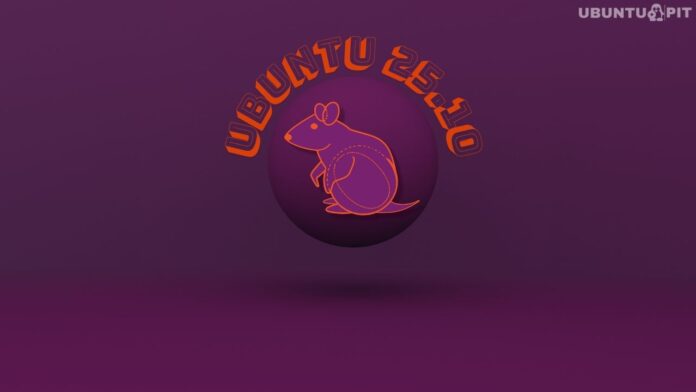Canonical has released Ubuntu 25.10 “Questing Quokka,” an interim release that introduces a foundational shift toward memory-safe utilities while delivering the latest desktop environment and significant AI-powered application updates.
Supported for nine months, this version’s most impactful change is the default implementation of sudo and coreutils rewritten in Rust, a strategic move to improve system-wide security by mitigating memory-related vulnerabilities. The release is built upon the Linux 6.17 kernel, shipping with a release candidate at launch that will be updated to the final version post-release.
On the desktop, Ubuntu 25.10 upgrades to GNOME 49, which brings media controls to the lock screen, HDR brightness settings, and accessibility features aligned with the European Accessibility Act. The default application set has been modernized; the Rust-based Loupe now serves as the image viewer, replacing Eye of GNOME, while the lightweight Ptyxis takes over as the default terminal emulator from GNOME Terminal.
This release also finalizes the transition to Wayland, as the “Ubuntu on X.org” session is no longer available. The Software Updater now uses unobtrusive notifications and a tray icon instead of a disruptive pop-up window.
Beneath the surface, security is further bolstered by enhanced TPM-backed full disk encryption, which adds passphrase and recovery key management. However, users should note its incompatibility with Absolute security software and potential kernel module limitations for hardware like NVMe RAID.
Furthermore, Network Time Security (NTS) is now enabled by default with Chrony for more secure time synchronization. In a notable advancement for creative professionals, key applications now integrate AI capabilities via the OpenVINO™ toolkit. Audacity gains AI plugins for noise suppression and transcription, while GIMP supports adding features like stable diffusion through Snap-based plugins.
For developers, the release ships with updated toolchains, including GCC 15, Python 3.13.7, Rust 1.85, and Go 1.25. The APT package manager has been upgraded with a new default dependency solver and the helpful apt why command.
Platform support sees significant changes, especially for Raspberry Pi, which now uses a minimal desktop image to reduce size and a more reliable boot process. The release also adds nested virtualization on Arm, early Intel TDX support, and extensive enablement for the latest IBM Z and LinuxONE hardware.
Updated versions of all official Ubuntu flavours, including Kubuntu and Xubuntu, have also been released. User can download them from the official site.


